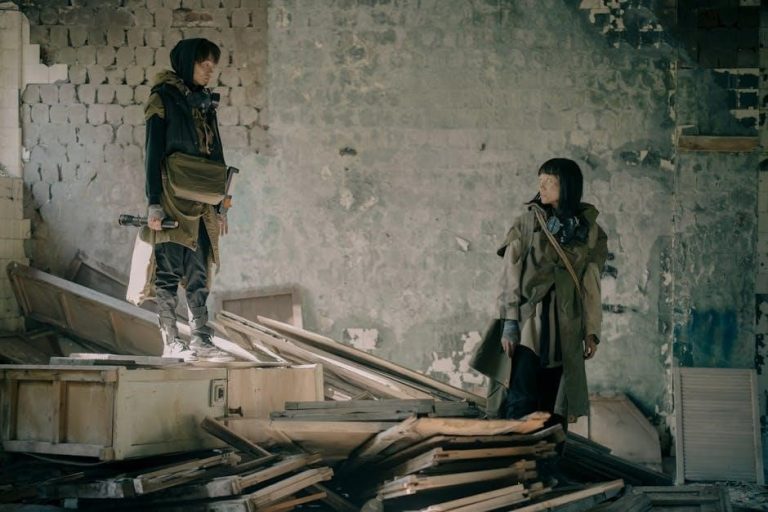
Survivor guilt is an emotional burden where individuals feel remorse for surviving traumatic events. It often stems from a moral logic of perceived responsibility or fortune‚ contrasting with others’ loss‚ and manifests as self-blame or shame‚ deeply affecting psychological well-being.
1.1. Definition and Overview of Survivor Guilt
Survivor guilt is a psychological phenomenon characterized by feelings of remorse‚ shame‚ and self-blame experienced by individuals who survive traumatic events while others do not. It often arises in scenarios like wars‚ natural disasters‚ or accidents‚ where survivors question their fate and perceive their survival as undeserved. This emotional state is deeply rooted in moral logic‚ as individuals impose a sense of responsibility for outcomes beyond their control. Survivor guilt can manifest as a persistent belief that they could or should have acted differently‚ leading to emotional distress and a strained relationship with their own survival. It is a complex interplay of grief‚ self-reproach‚ and the search for meaning in the face of loss.
1.2. The Emotional and Psychological Impact
Survivor guilt profoundly affects individuals emotionally and psychologically‚ often leading to feelings of anxiety‚ depression‚ and post-traumatic stress disorder (PTSD). The moral logic embedded in survivor guilt intensifies these effects‚ as individuals struggle to reconcile their survival with the loss of others. This internal conflict can result in self-blame‚ diminished self-worth‚ and a pervasive sense of responsibility for events beyond their control. Many experience social withdrawal‚ difficulty forming relationships‚ and a haunting sense of injustice. The emotional burden can impair daily functioning and mental health‚ creating a cycle of guilt and remorse that is challenging to overcome without proper support and understanding.
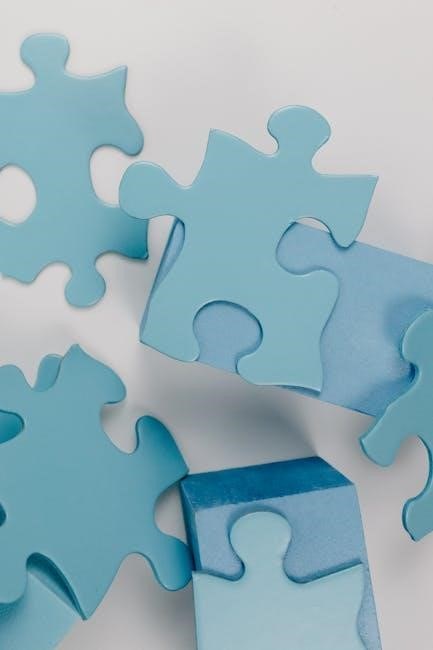
The Moral Logic Behind Survivor Guilt
Survivor guilt stems from a moral logic where individuals feel responsible for surviving while others did not‚ creating a tension between guilt and perceived responsibility.
2.1. The Tension Between Guilt and Moral Responsibility
The tension between guilt and moral responsibility lies in the conflict between self-blame and the recognition of circumstances beyond one’s control. Survivors often grapple with the idea that they could have acted differently‚ even when no realistic alternative exists. This internal conflict arises from a deeply ingrained sense of moral duty‚ where the survivor feels they should have shared the fate of others. The moral logic behind this guilt is rooted in the belief that survival implies a moral obligation to justify why they lived while others did not. This creates a psychological burden‚ as individuals struggle to reconcile their survival with the loss of others.
2.2; The Role of Self-Blame and Moral Judgment
Self-blame and moral judgment are central to survivor guilt‚ as individuals often hold themselves accountable for circumstances beyond their control. Survivors may impose harsh moral standards‚ believing they should have acted differently or shared the fate of others. This self-blame stems from a deeply ingrained sense of responsibility‚ even when no realistic alternative existed; Moral judgment intensifies the guilt‚ as survivors scrutinize their actions and decisions‚ amplifying feelings of remorse. This internalized blame can hinder acceptance of survival as a chance event‚ rather than a moral failing‚ perpetuating emotional distress and complicating the healing process.
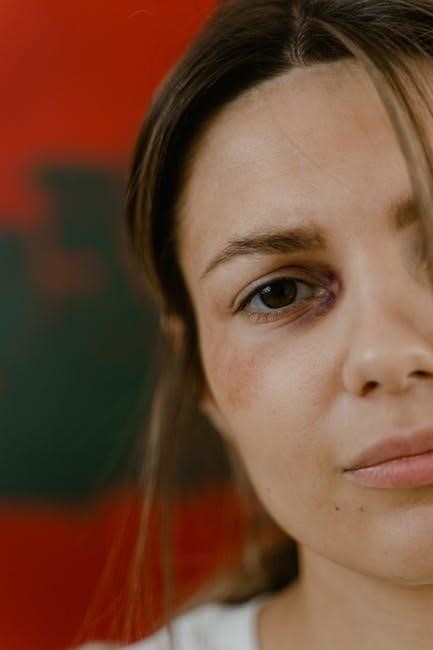
Psychological and Philosophical Perspectives
Survivor guilt reflects a complex interplay of psychological and philosophical perspectives‚ often rooted in deeply ingrained moral logic within individuals.
3.1. Psychological Models Explaining Survivor Guilt
Psychological models explain survivor guilt through cognitive-behavioral frameworks‚ highlighting irrational beliefs and self-blame. Research links it to post-traumatic stress disorder (PTSD)‚ where survivors relive traumatic events and impose moral order on chaos. Studies suggest guilt arises from perceived responsibility or fortune‚ contrasting with others’ suffering. Cognitive distortions‚ such as “if only” thinking‚ exacerbate feelings of remorse. Moral injury‚ a concept tied to survivor guilt‚ involves violations of personal moral principles‚ leading to shame and guilt. These psychological mechanisms underscore the deep emotional and ethical conflicts inherent in survivor guilt‚ offering a framework for understanding its complexity and impact on mental health.
3.2. Philosophical Underpinnings of Moral Guilt
Philosophically‚ moral guilt in survivor guilt reflects existential and ethical dilemmas‚ where individuals grapple with the randomness of survival. It echoes themes in existentialism‚ emphasizing personal responsibility and meaning-making. The concept aligns with moral responsibility theories‚ where survivors question their actions or inactions during traumatic events. Philosophers like Dostoevsky‚ in works such as Crime and Punishment‚ explore guilt as a moral reckoning‚ tying it to divine or universal justice. This philosophical lens views survivor guilt as a struggle to reconcile fortune with the suffering of others‚ highlighting the tension between chance and moral accountability. Such frameworks provide depth to understanding the ethical dimensions of survivor guilt.
Literary and Cultural Representations
Literature often explores survivor guilt through characters grappling with moral dilemmas‚ as seen in Dostoevsky’s works and antiutopian themes‚ reflecting societal and cultural moral struggles deeply.
4.1. Survivor Guilt in Literature and Film
Literature and film frequently depict survivor guilt through complex characters and narratives. In Dostoevsky’s Crime and Punishment‚ the protagonist’s guilt mirrors the moral logic of survival. Similarly‚ antiutopian themes in modern literature and cinema‚ such as in works exploring war and trauma‚ highlight the emotional and ethical conflicts of those who survive. These portrayals often delve into the psychological turmoil and self-blame experienced by survivors‚ offering a profound exploration of guilt’s moral dimensions. By examining these representations‚ audiences gain insight into the universal human struggle with survivor guilt and its profound impact on individual and collective consciousness.
4.2. Cultural Differences in Understanding Survivor Guilt
Cultural differences significantly influence how survivor guilt is perceived and expressed. In individualistic societies‚ guilt often centers on personal responsibility and self-blame‚ while collectivist cultures may emphasize communal loss and shared moral accountability. For instance‚ war veterans in Western cultures frequently experience guilt tied to personal actions or inactions‚ whereas in some Eastern cultures‚ survivor guilt may manifest as a collective remorse for surviving while others did not. These variations highlight how societal norms and values shape the interpretation and expression of survivor guilt‚ reflecting broader cultural attitudes toward morality‚ responsibility‚ and trauma. Understanding these differences is crucial for addressing survivor guilt in diverse contexts.
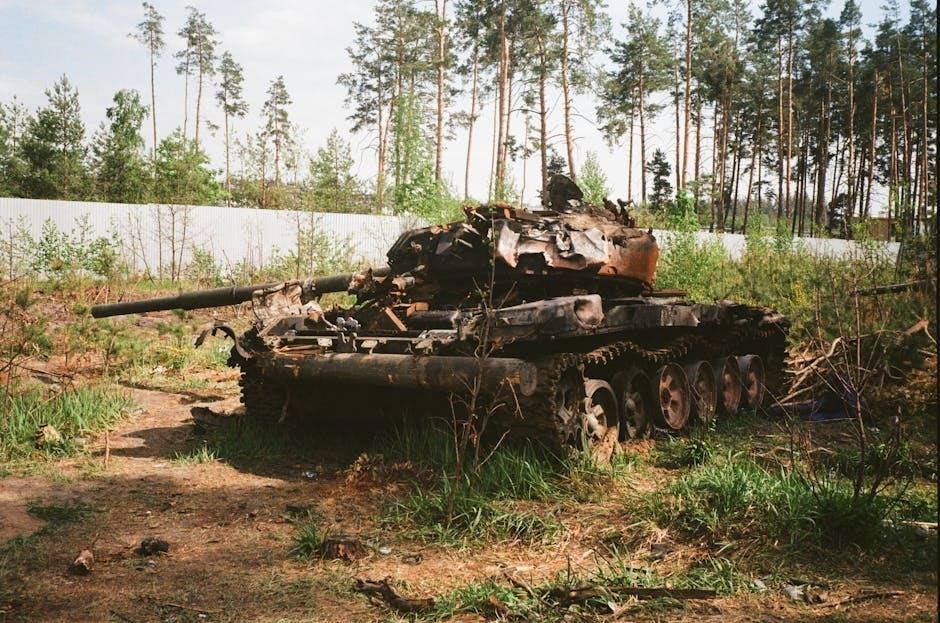
Case Studies and Real-World Examples
War veterans and natural disaster survivors often exhibit survivor guilt‚ illustrating the moral logic of guilt tied to surviving while others perish‚ as seen in literature and real-life accounts.
5.1. Survivor Guilt Among War Veterans
Survivor guilt is prevalent among war veterans‚ stemming from the moral logic of surviving while comrades perish. Veterans often grapple with feelings of responsibility‚ questioning why they lived while others died. This guilt is deeply intertwined with the randomness of war‚ where survival may seem arbitrary. The emotional burden manifests as self-blame‚ shame‚ and a sense of undeserved fortune. Veterans may struggle to reconcile their survival with the loss of others‚ leading to psychological distress. This phenomenon is well-documented in post-traumatic stress disorder (PTSD) research‚ highlighting the moral and ethical dilemmas veterans face. The guilt serves as a coping mechanism‚ a way to impose moral order on the chaos of war.
5.2. Survivor Guilt in Natural Disasters and Traumatic Events
Survivor guilt is a common response to natural disasters and traumatic events‚ rooted in moral logic. Individuals who survive often experience remorse‚ questioning their fortune while others suffered. This guilt arises from feelings of helplessness and the perceived unfairness of survival. It manifests as self-blame and emotional distress‚ complicating the healing process. The psychological impact is profound‚ with survivors grappling with why they were spared. This phenomenon is observed in those who endure events like earthquakes‚ hurricanes‚ or mass casualties. The moral logic of survivor guilt in these contexts reflects a deep-seated need to make sense of tragedy‚ often leading to long-term emotional and psychological challenges for those affected.
The Moral Logic of Survivor Guilt in Society
Survivor guilt in society reflects collective moral values‚ where individuals grapple with societal expectations and shared ethical frameworks‚ amplifying feelings of responsibility and remorse for surviving adversity.
6.1. The Role of Society in Shaping Survivor Guilt
Society plays a significant role in shaping survivor guilt by imposing moral frameworks and cultural norms. These collective values often amplify feelings of responsibility and remorse‚ as individuals interpret their survival through the lens of shared ethical expectations. Cultural narratives‚ such as the glorification of sacrifice or the condemnation of perceived injustice‚ further intensify these emotions. Societal pressures can lead to collective guilt‚ where communities mourn losses and question their moral standing. The influence of societal norms is evident in how survivors often struggle to reconcile their survival with the loss of others‚ reflecting a broader moral logic embedded in cultural and communal values.
6.2. The Impact of Survivor Guilt on Social Dynamics
Survivor guilt profoundly influences social dynamics by creating tension and altering relationships. Survivors often experience alienation‚ feeling disconnected from others who did not share their traumatic experience. This emotional distance can lead to fragmented communities‚ as shared guilt becomes a barrier to unity. Additionally‚ survivor guilt can foster a culture of blame‚ where individuals or groups are held accountable for outcomes beyond their control. Such dynamics disrupt social cohesion and hinder collective healing. The moral logic underlying survivor guilt amplifies these effects‚ as societal expectations of remorse and responsibility further complicate interpersonal interactions and communal recovery processes.
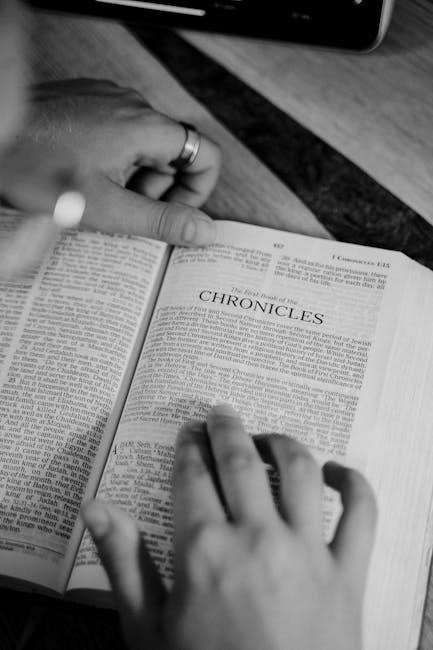
Addressing and Overcoming Survivor Guilt
Therapeutic approaches and ethical strategies help individuals reframe guilt‚ fostering healing and moral clarity. Addressing survivor guilt involves acknowledging emotions‚ challenging irrational beliefs‚ and rebuilding purpose.
7.1. Therapeutic Approaches to Survivor Guilt
Therapeutic approaches to survivor guilt often involve cognitive-behavioral therapy (CBT) to challenge irrational beliefs and reframe guilt. Mindfulness-based interventions foster self-compassion‚ while narrative exposure therapy helps process trauma. Support groups provide communal healing‚ reducing isolation. These methods address the moral logic of guilt by encouraging individuals to acknowledge their emotions without self-blame‚ promoting acceptance and purpose. By addressing the root causes of guilt‚ therapy aids in rebuilding a sense of moral clarity and emotional resilience‚ helping survivors move toward healing and reconciliation with their past.
7.2. Moral and Ethical Strategies for Coping
Moral and ethical strategies for coping with survivor guilt involve reframing guilt as a moral strength‚ promoting self-compassion‚ and seeking forgiveness. Ethical practices like honoring lost loved ones through meaningful actions can provide purpose. Engaging in altruistic acts helps individuals reconcile their survival with moral values. Empathy and understanding the moral implications of survival are crucial. These strategies aid in navigating the emotional conflict‚ fostering resilience and ethical clarity‚ and helping survivors find a moral equilibrium in their journey toward healing and acceptance.
